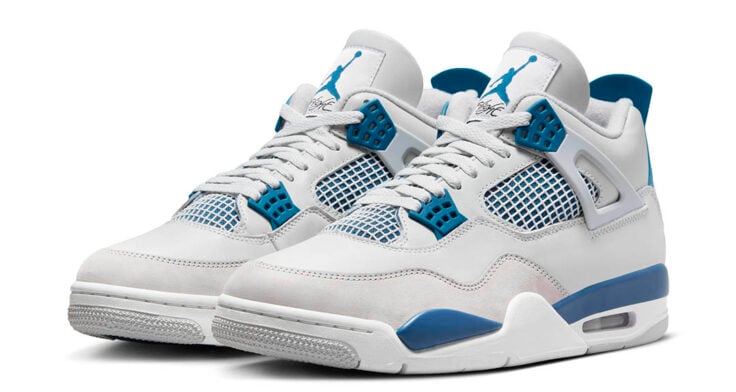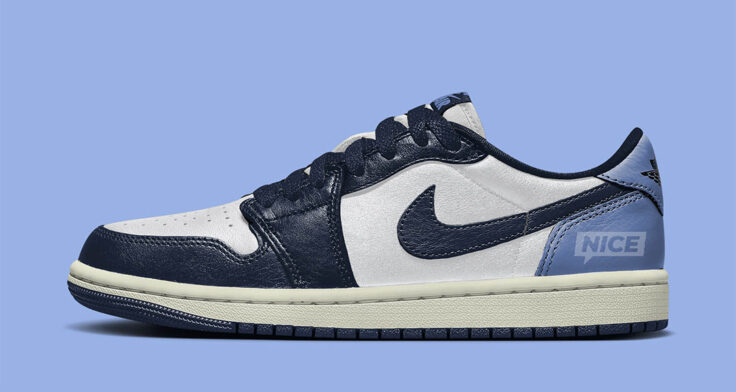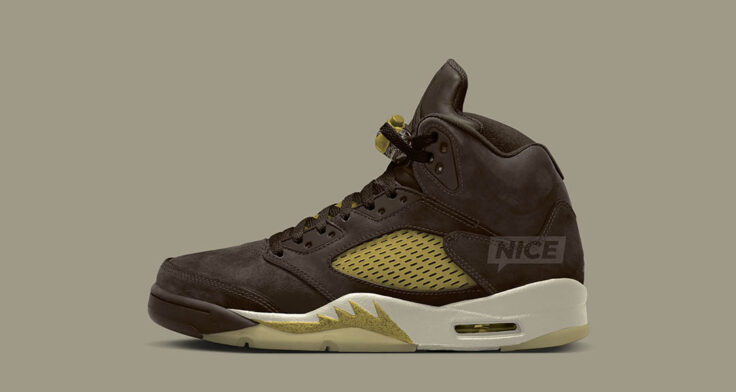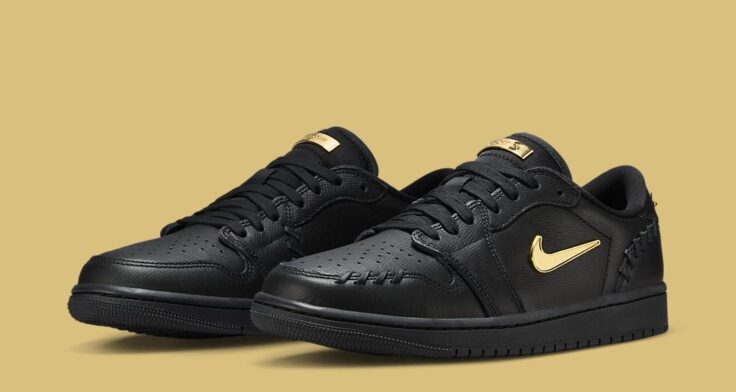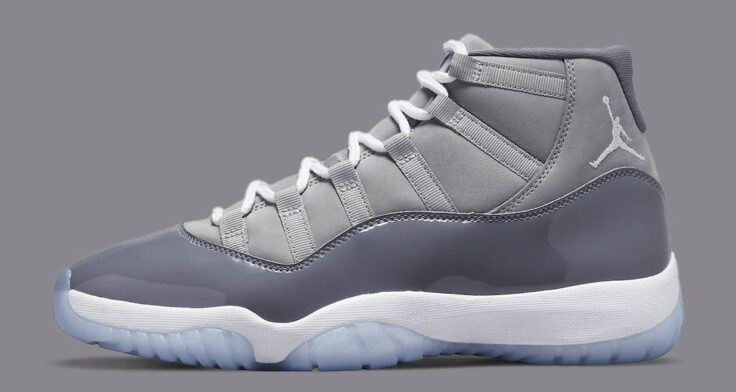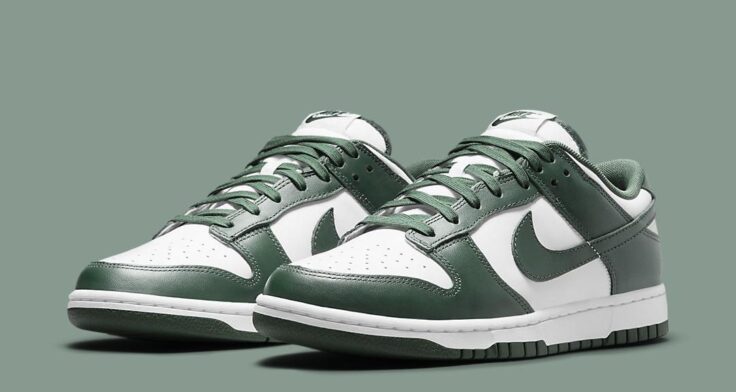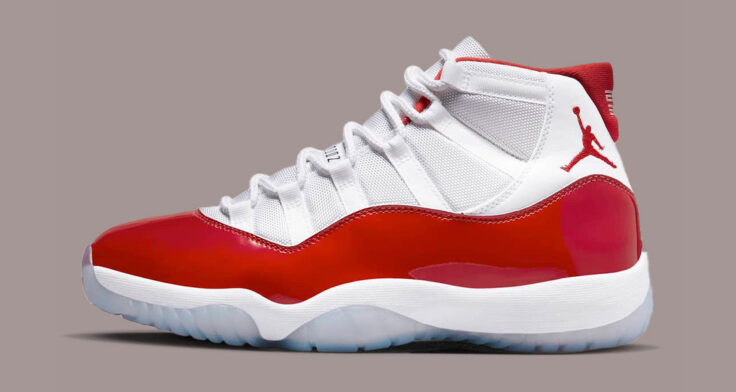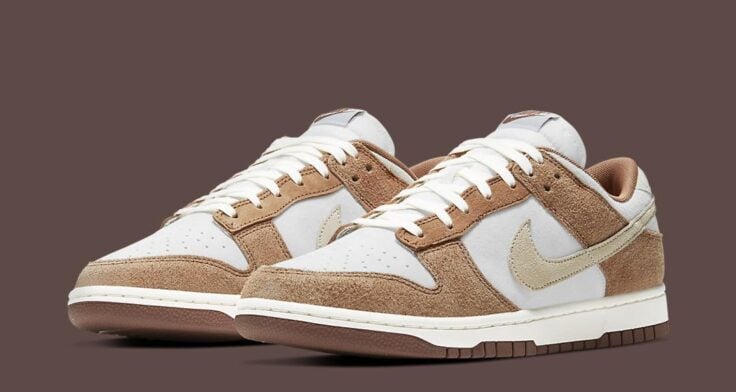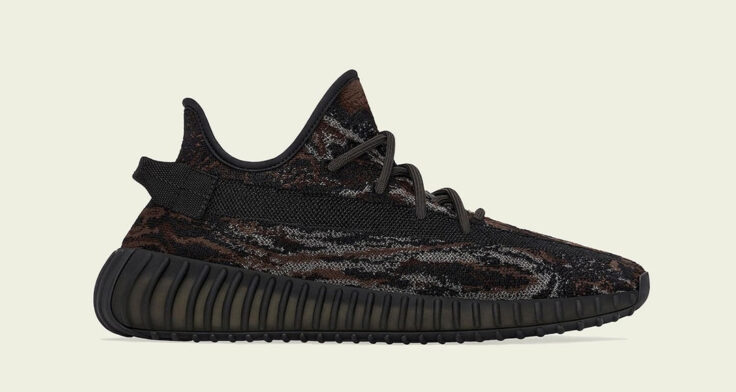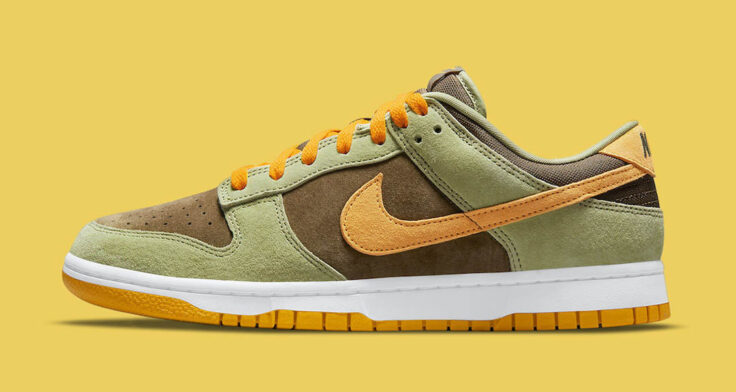Nice Kicks: It seems as if sockliners are very key in basketball shoes these days. What is the difference between this newly-developed Air Jordan 2011 sockliner and sockliners incorporated into other shoes on the market? Also, what other performance-ready attributes does the inner side of the Air Jordan 2011 possess?
Tom Luedecke: Yeah, the sockliner is where it started. The comfort bootie around the foot is of lofted mesh which a very soft material. So, we wanted to make sure we added these concept without making the shoe too bulky. We wanted lighter weight, breathability and more comfort. So, inside of the shoe we basically have these cues that act as seatbelts. The strings actually lace into these seatbelts and go all the way under the midsole. So, when you’re pulling on your laces, you’re actually pulling from underneath the midsole. They’re engineered to fit perfectly to one’s foot. The seatbelts, individually, can wrap around your foot which makes for a really great dynamic fit.
Nice Kicks: Ok, let’s talk about the outer design cues of the Air Jordan 2011. What motivated the design team to instill such a high-quality patina leather on a performance based sneaker.
Tom Luedecke:? Tinker has always had his eyes on style as much as technology. On this one, he wanted to use a leather that is handcrafted. The patina leather is dress shoe quality and hand burnished. It is a very high quality leather. It takes a lot of attention-to-detail in the process. You can’t stack these leathers. They need to be handcrafted one single piece at a time. We actually had craftsman literally hand finish. As you can see, the leather goes from light to dark to light (from the toe box to heel). The craftsman hand burnished it from a buffing wheel to make the color fade just right. We spent a lot of time educating the team what kind of fade we wanted and how to achieve that and handle it with care. So, the handcrafting on this shoe brings a lot of value. The shoe comes with a shammy cloth for protection.
?
?
Nice Kicks: What is the significance of the grid-like pattern on the midsole and how does coincide with other outer elements on the Air Jordan 2011?
Tom Luedecke: At concept stage, there were no textures. When Tinker saw the defense mesh (collar area), he really liked how it juxtaposed the organic nature of that warrior-like pattern on the leather. He wanted that pattern to echo somewhere else on the shoe seeing that the rest of the shoe was all organic. So, we tried to bring it in on the midsole.
|
? “There are three elements in play: the technology, a really clean, sophisticated design driven by Tinker and sort of a warrior-like expression on the upper.”– Tom Luedecke |
Nice Kicks: What did you do differently in regards to the herringbone traction?
Tom Luedecke: It’s a cross section-like herringbone, so the pattern has the same triangular shape as herringbone has if you were to cut it open. We wanted to be reverential, but tongue-and-cheek at the same time. So, we have elephant print, which is really an iconic Jordan element, and we wanted to evolve it on the Air Jordan 2011. Although it’s a performance product, we wanted to make it dynamic. We twisted it in the pivot zone and the heel, then we cut through in the flex grooves. We have a lot of great things that the brand is known for, like the elephant print, and as brand we challenge ourselves to not always take things too seriously have a little bit of fun.
?
?
Nice Kicks: We have seen an encircled Jumpman logo on some of your recently released silhouettes (Jordan CP3.IV), however, the Air Jordan 2011 has different Jordan logos on each tongue. What is the reasoning on this design cue?
Tom Luedecke: So, the left shoe has the ’23’ and the right shoe has the Jumpman logo on the tongue. The ’23’ graphic is actually in representation of his motorsports team. He’s a big motorcycle sports fan and has his team that he’s sponsoring. So, we wanted to add that as a finishing detail.
Nice Kicks: Obviously, low-cut basketball shoes have become a staple in the performance world as of late. Yet, Jordan Brand continued with the mid-cut formation on this new model. What motivated you to stay with the mid-cut instead of falling into the hype of the low-cut model?
Tom Luedecke: Although there’s a lot of rave about low-tops, we wanted to go with a mid-top. The Air Jordan 2011 doesn’t feel restrictive like most mid-tops though. You can tie into it and it will pull around your ankle like any other shoe, but as you cut, the mesh actually forms around whatever your foot/ankle wants to do. The top of the shoe actually works with your ankle, so you have perfect alignment from knee to ankle to heel. That’s really important to have a straight line mechanically. So, the Air Jordan 2011 provides a way to wear a mid-top without being restrictive. The defense mesh is there for that reason.
To read page 3 of the interview click here.
